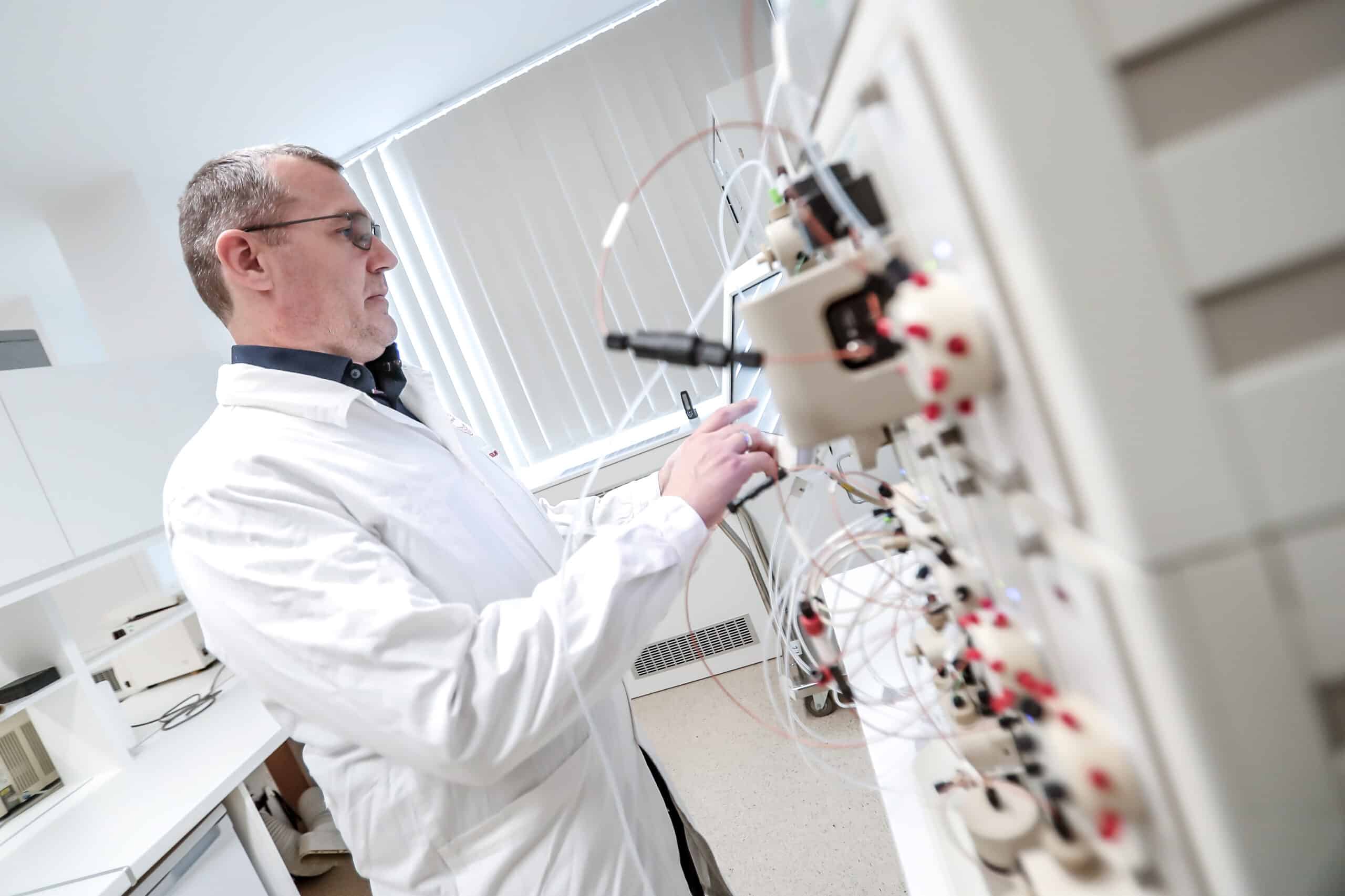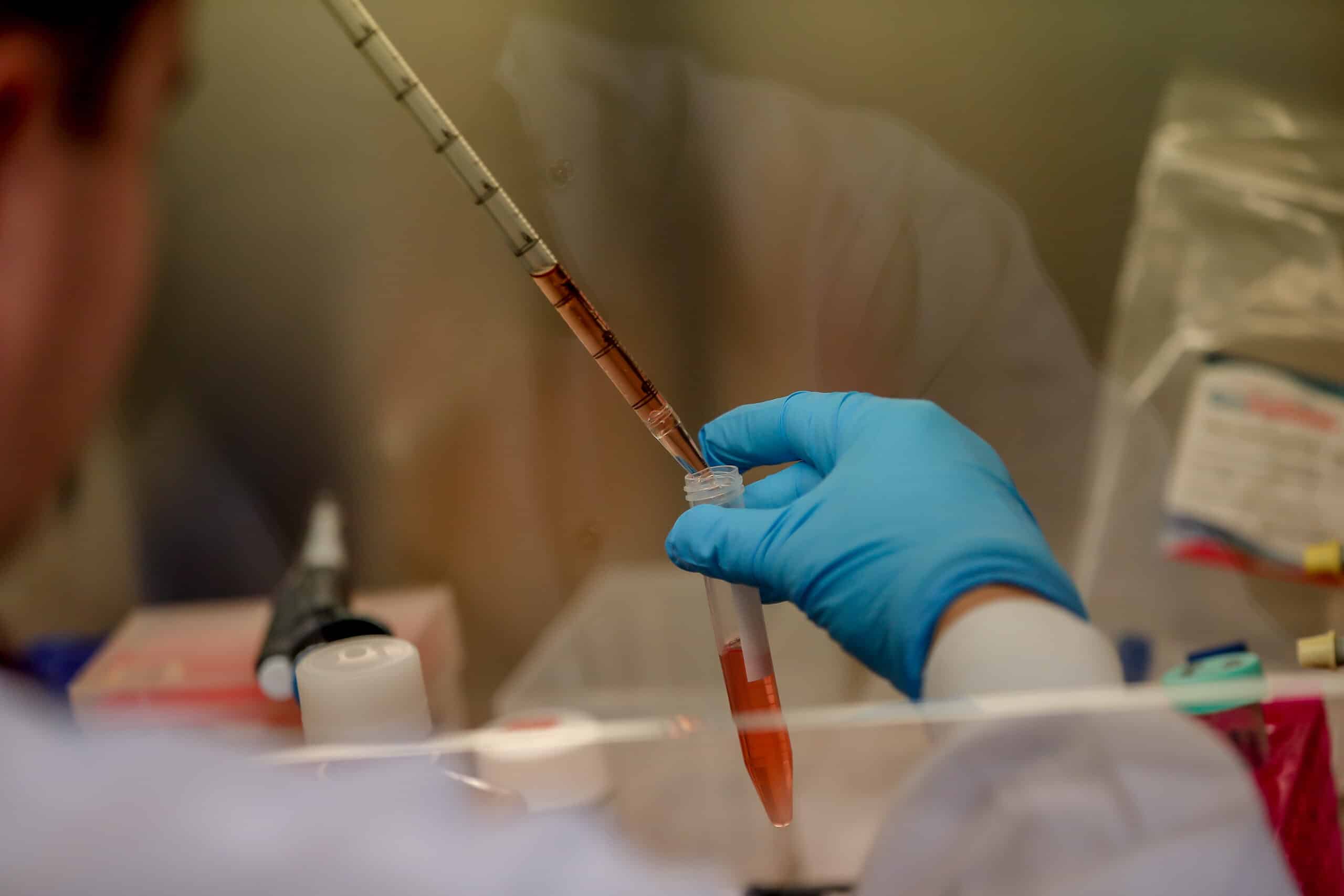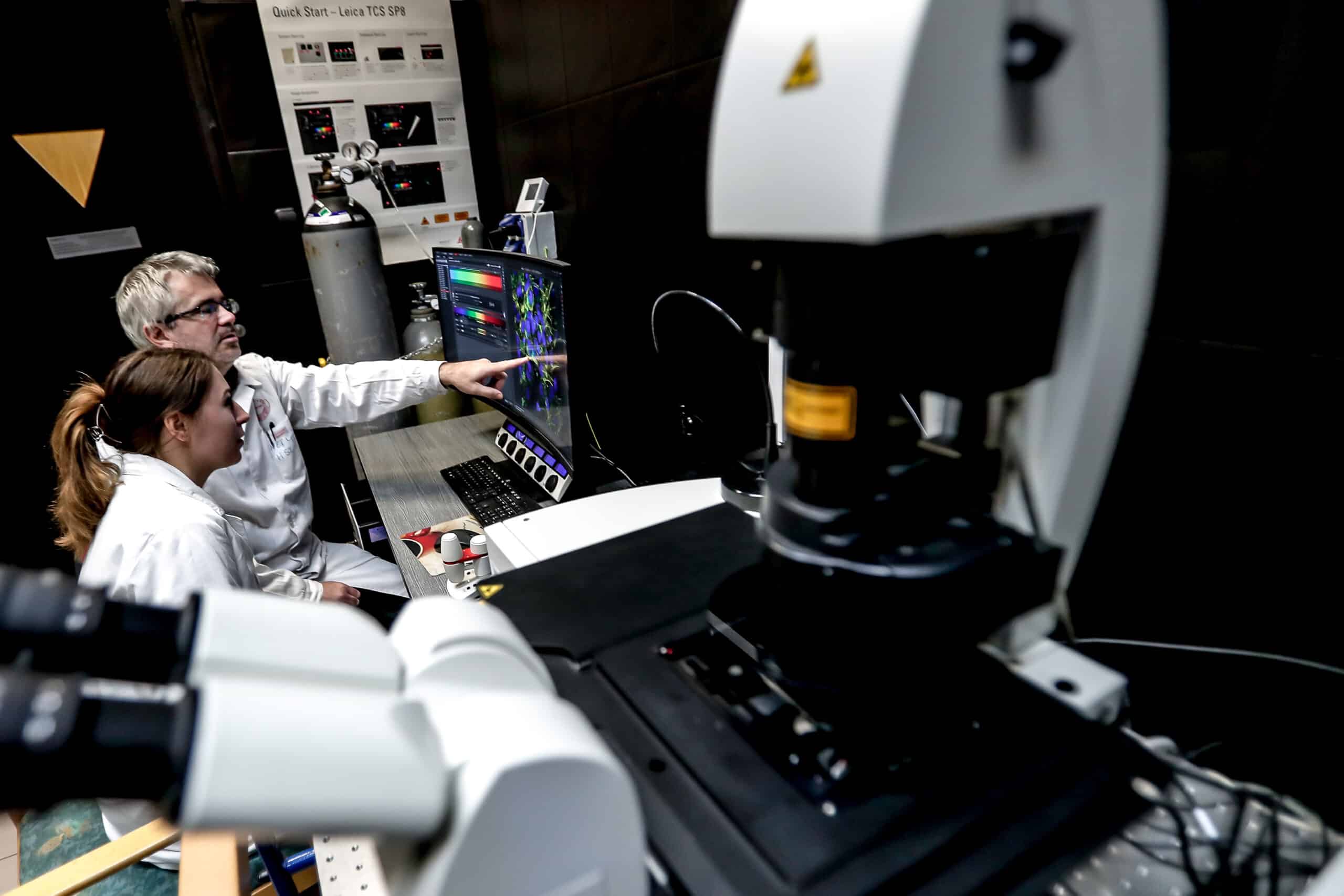| Grant: | National Cardiovascular Laboratory, RRF-2.3.1-21-2022-00003 |
| Amount of support: | 1.237.500.000 Ft |
| Duration: | 2022.03.01-2026.02.28 |
| Principal investigator: | Péter Ferdinandy, MD, PhD, DSc, MBA |
Summary
The aim of the project is to develop the diagnosis and treatment of cardiovascular diseases and to investigate cardiovascular drugs. Our institute is involved in the consortium project with a few sub-tasks. We perform studies in the field of drug target discovery and repositioning. Of particular importance is the development of microRNA-based therapies and the accurate modelling of their effects using artificial intelligence. Research will focus on uncovering the hidden cardiac adverse effects of drugs, developing new test systems and monitoring the cardiovascular risk of existing drugs. They are also developing the isolation and diagnostic application of extracellular vesicles, such as exosomes, which can serve as important biomarkers for the early detection and treatment of heart disease. The programme also aims to prepare for clinical application and market exploitation.
Participating leading researchers, collaboration partners, universities, companies
Dr. Péter Ferdinandy is Vice Rector for Science and Innovation at Semmelweis University, Senior Lecturer at the Institute of Pharmacology and Pharmacotherapy, and Doctor of the Hungarian Academy of Sciences. President of the Hungarian Society of Experimental and Clinical Pharmacology and founder of the Pharmahungary Group. He has been listed several times on the list of the world’s most influential scientists. His research group focuses on the identification of cardioprotective drug targets in ischemic heart disease, led by Dr. Anikó Görbe, the role of extracellular vesicles in cardiometabolic diseases, and the role of Dr. Zoltán Giricz, the study of inflammatory factors in cardiovascular and metabolic diseases led by Zoltán Varga, and the development of bioinformatics methods in the field of drug targets and pharmacovigilance with the expertise of Bence Ágg, M.D. Dr. Anikó Görbe is also an expert in miRNA-based therapies and precision oncology trials.
Applied methods and tools
To identify drug targets, we use various biochemical and molecular biological in vitro methods. We use primary isolated cell cultures and cell lines in our in vitro assay systems. We use chemical modifications for microRNA research and in vivo pharmacokinetic and proof of concept studies. The impact of microRNA therapies will be investigated using in silico network dynamics models and artificial intelligence-based omics data analysis. We are also developing the isolation of extracellular vesicles using size exclusion and immunoaffinity methods to validate diagnostic panels. We use in vitro and in vivo platforms to test cardiotoxicity
Pictures
Mission and benefits
The mission of the research is to facilitate the early detection and effective treatment of cardiovascular diseases through the development of innovative in vitro models and microRNA-based therapies. This will contribute to the safer use of cardiovascular drugs, the detection of hidden side effects and the promotion of personalized medicine. The programme is in line with the University’s strategic objectives of strengthening health innovation and translational research and increasing societal utility in the prevention and treatment of cardiovascular diseases. In this way, research will support national and international health priorities and contribute to the development of the Hungarian healthcare system.


